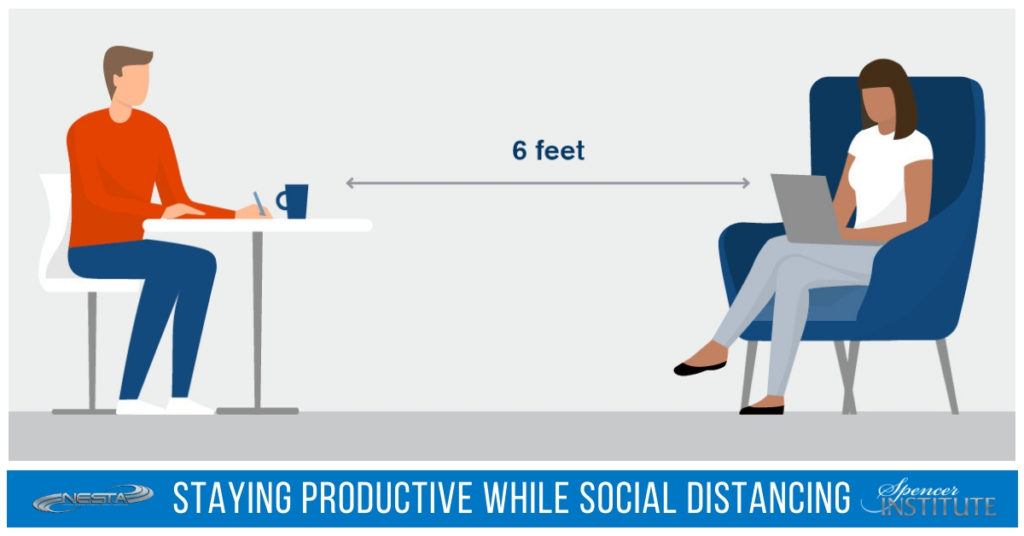Managing Your Stress While Social Distancing
Managing Your Stress While Social Distancing We are amid unprecedented circumstances as all of us are experiencing hour-by-hour, minute-by-minute changes, fears and uncertainties. Many of us are being asked to work from home and are having to balance two obligations simultaneously – working from home while also parenting or caregiving at the same time. Building […]
Managing Your Stress While Social Distancing Read More »




















